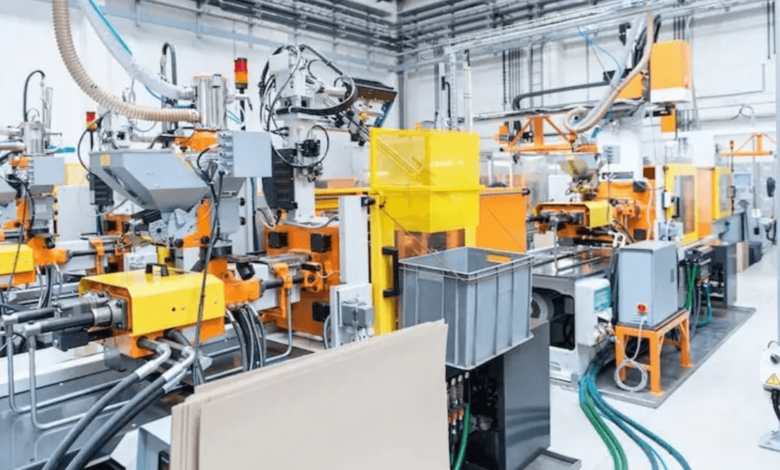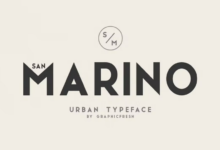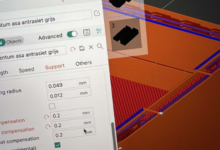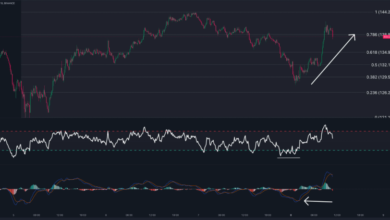The Importance of Custom Injection Molding in Modern Manufacturing

Introduction
In the fast-paced and competitive world of modern manufacturing, the demand for personalized and high-performance plastic components is rapidly increasing. Industries such as automotive, medical, electronics, consumer goods, and aerospace all require parts that meet specific performance, aesthetic, and durability standards. That’s where custom injection molding comes into play. This advanced manufacturing technique enables companies to produce plastic components tailored to exact specifications, ensuring that every part performs as needed for its unique application.
This article explores what custom injection molding is, how it works, its benefits, common applications, and what to look for when selecting a service provider.
What Is Custom Injection Molding?
Custom injection molding is a specialized form of plastic injection molding that involves designing and producing molds and parts according to the unique requirements of a client. Unlike standard injection molding, which often uses pre-existing molds for common components custom injection molding involves a more collaborative process between the manufacturer and the customer.
The process starts with design consultation, followed by mold creation, material selection, and then production. Each step is carefully engineered to match the customer’s specific design, tolerance, and functional expectations.
How the Process Works
1. Design Consultation
Every custom injection molding project begins with a consultation. Engineers analyze the part’s design, function, and expected usage to ensure it is suitable for injection molding. Often, design modifications are recommended to optimize manufacturability, cost, and performance.
2. 3D Modeling and Prototyping
Before full-scale production, manufacturers typically create 3D models and sometimes rapid prototypes using 3D printing. This allows clients to assess the look and function of the part and make necessary adjustments.
3. Mold Fabrication
Once the design is finalized, a mold is custom-made using steel or aluminum. These molds are produced using high-precision CNC machining and EDM (Electrical Discharge Machining) to create intricate shapes and maintain tight tolerances.
4. Material Selection
Selecting the right plastic material is critical. Depending on the application, thermoplastics like ABS, PC, POM, Nylon, and Polypropylene are used. For demanding environments, specialty or reinforced polymers may be selected.
See also: Chiñotle: Chiñotle: Exploring Innovations in Digital Content and Tech
Benefits of Custom Injection Molding
Precision and Consistency
Custom injection molding offers unmatched accuracy. Whether you need microns of tolerance or complex geometries, the process ensures that every part is consistent from the first to the millionth unit.
Flexibility in Design
With custom tooling, there are virtually no limitations on shape, size, or complexity. You can incorporate special textures, undercuts, inserts, and even overmolding for multi-material parts.
Cost Efficiency in High Volumes
Although tooling can be expensive upfront, the per-unit cost in large production runs is significantly reduced. Once the mold is made, the same part can be produced repeatedly at a low cost.
Wide Material Choices
Custom molding allows manufacturers to work with a vast range of polymers. You can select materials based on strength, flexibility, thermal resistance, chemical resistance, or even color and finish.
Improved Product Quality
Tailored solutions mean that the final product will better meet the customer’s exact needs. This reduces field failures, increases reliability, and improves overall product satisfaction.
Applications Across Industries
Automotive
Custom injection molding is used to produce interior panels, dashboards, clips, and under-the-hood components. These parts must meet specific standards for temperature resistance, vibration tolerance, and fit.
Medical
Medical-grade parts such as surgical tools, diagnostic devices, and housings require sterile, biocompatible plastics. Custom molding ensures parts meet regulatory and functional needs.
Electronics
Casings, connectors, insulators, and custom-designed buttons often rely on injection molding for durability and aesthetic quality. EMI shielding materials can also be used.
Consumer Goods
Products like kitchen appliances, toys, and sports gear often require ergonomic designs, vibrant colors, and texture — all of which are achievable with custom molds.
Aerospace
The aerospace industry uses custom plastic components that are lightweight, flame-retardant, and capable of withstanding extreme conditions.
Choosing a Custom Injection Molding Partner
1. Engineering Expertise
A strong technical team is critical to converting your concept into a manufacturable design. Look for a company that offers design for manufacturability (DFM) support.
2. Tooling Capabilities
In-house tooling capabilities often translate to faster turnaround times and better quality control. Ask about their CNC, EDM, and mold maintenance capabilities.
3. Material Knowledge
Your partner should help you choose the right plastic for your application, considering mechanical, thermal, and environmental factors.
4. Quality Assurance
Look for certifications like ISO 9001, ISO 13485, or IATF 16949, depending on your industry.
5. Production Flexibility
Whether you need 100 prototypes or 100,000 production parts, the company should be able to scale with your needs without compromising quality.
6. Communication and Collaboration
A good custom injection molding company works as an extension of your team.
Emerging Trends in Custom Molding
As industries evolve, so does injection molding. Some current trends include:
- Micro-Molding: Producing extremely small components for electronics and medical devices.
- Overmolding and Insert Molding: Combining different materials or integrating metal parts.
- Sustainable Materials: Using bio-based or recycled plastics.
- Digital Twin Technology: Simulating molds and processes before physical production.
- Automation and AI: Enhancing production efficiency and quality control with advanced robotics and machine learning.
Conclusion
Custom injection molding stands out as a powerful solution for businesses that need tailored plastic components. Its advantages—precision, scalability, design flexibility, and material diversity—make it the go-to choice across industries. However, to fully leverage its potential, selecting the right manufacturing partner is essential.
From concept to production, a professional custom injection molding company adds value through innovation, collaboration, and commitment to quality. Whether you’re launching a new product or improving an existing one, investing in custom molding is a step toward better performance, efficiency, and market success.







